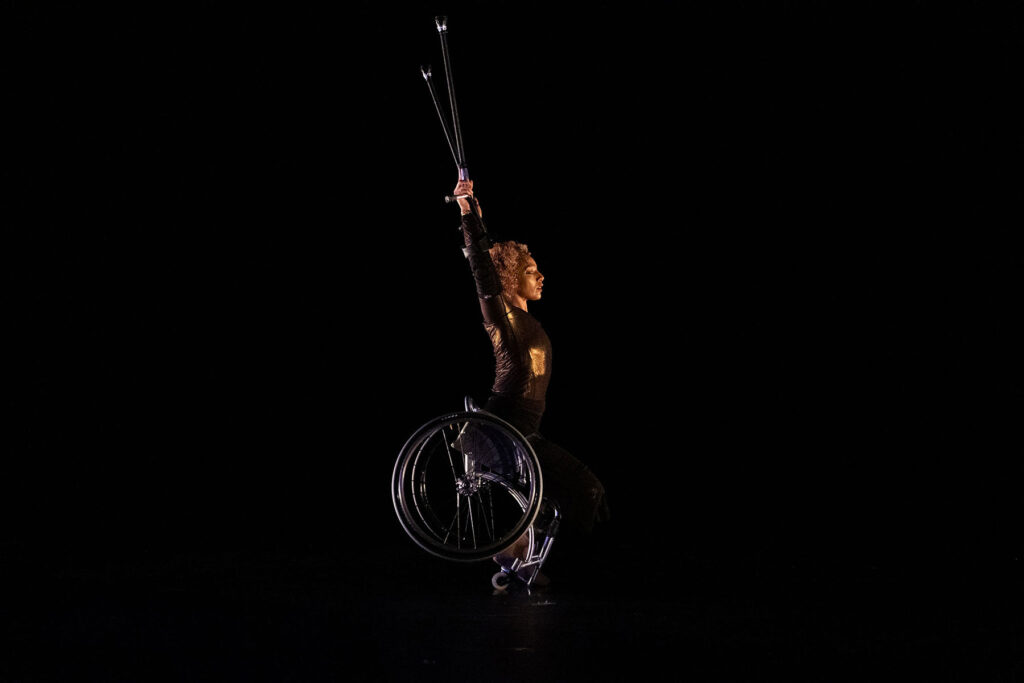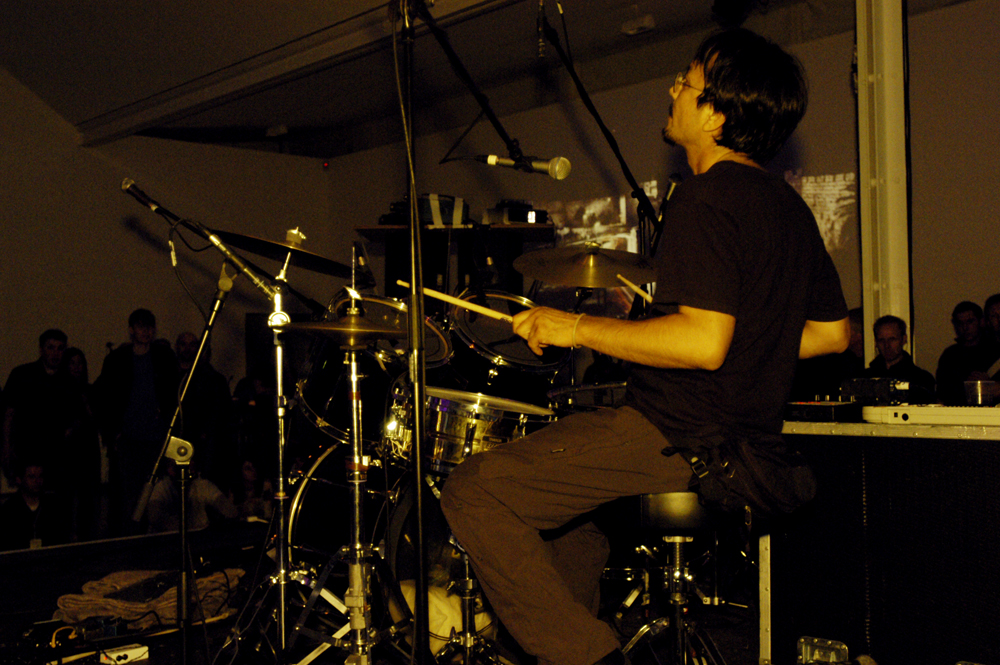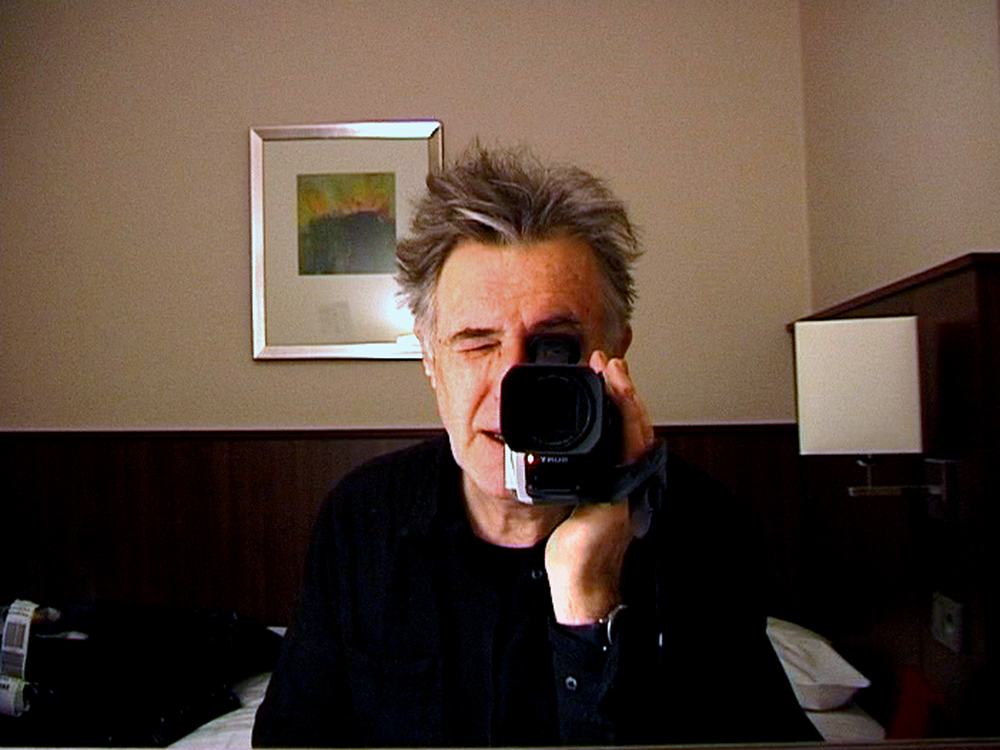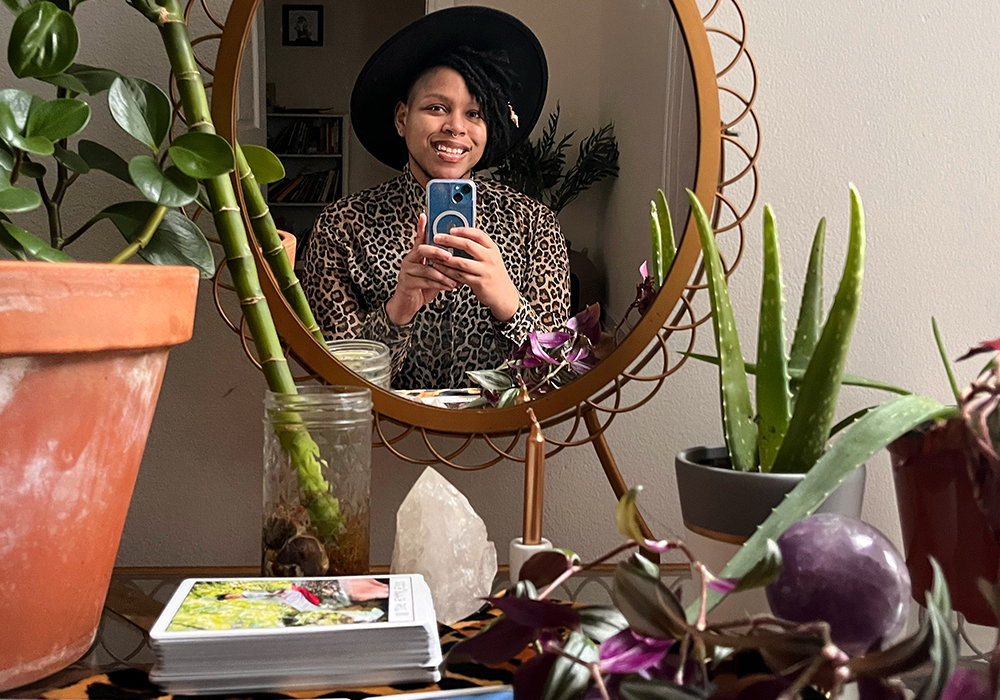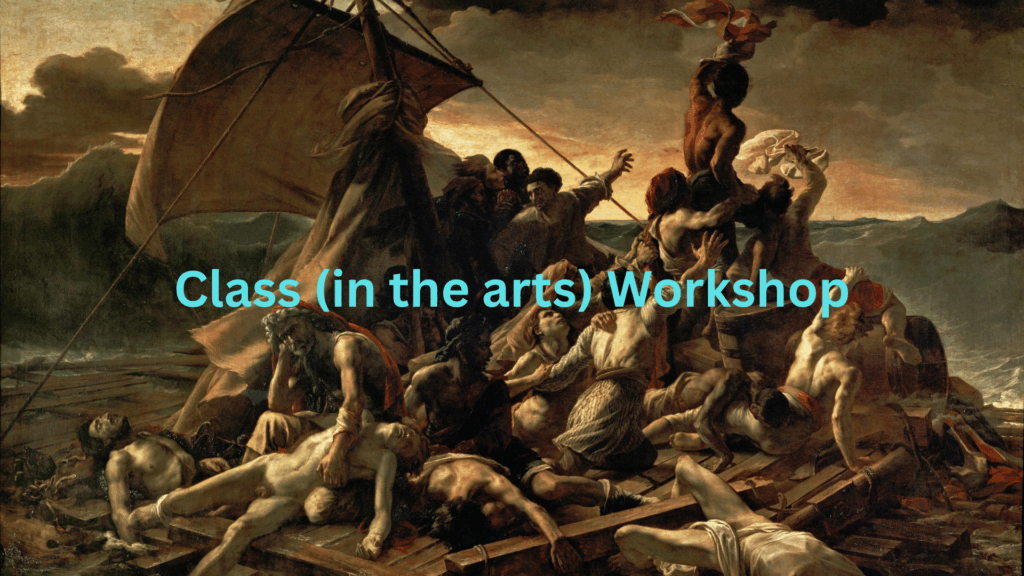
Class (in the arts) Workshop
ARC (A Revolting Class) SAU (Scottish Artist Union) Common Treasury Scottish Working Class Network
A 2-day workshop to deconstruct our classed experiences and the ways in which we reproduce the same class system we fight against, in order to create a stronger, more egalitarian Scottish art sector.




